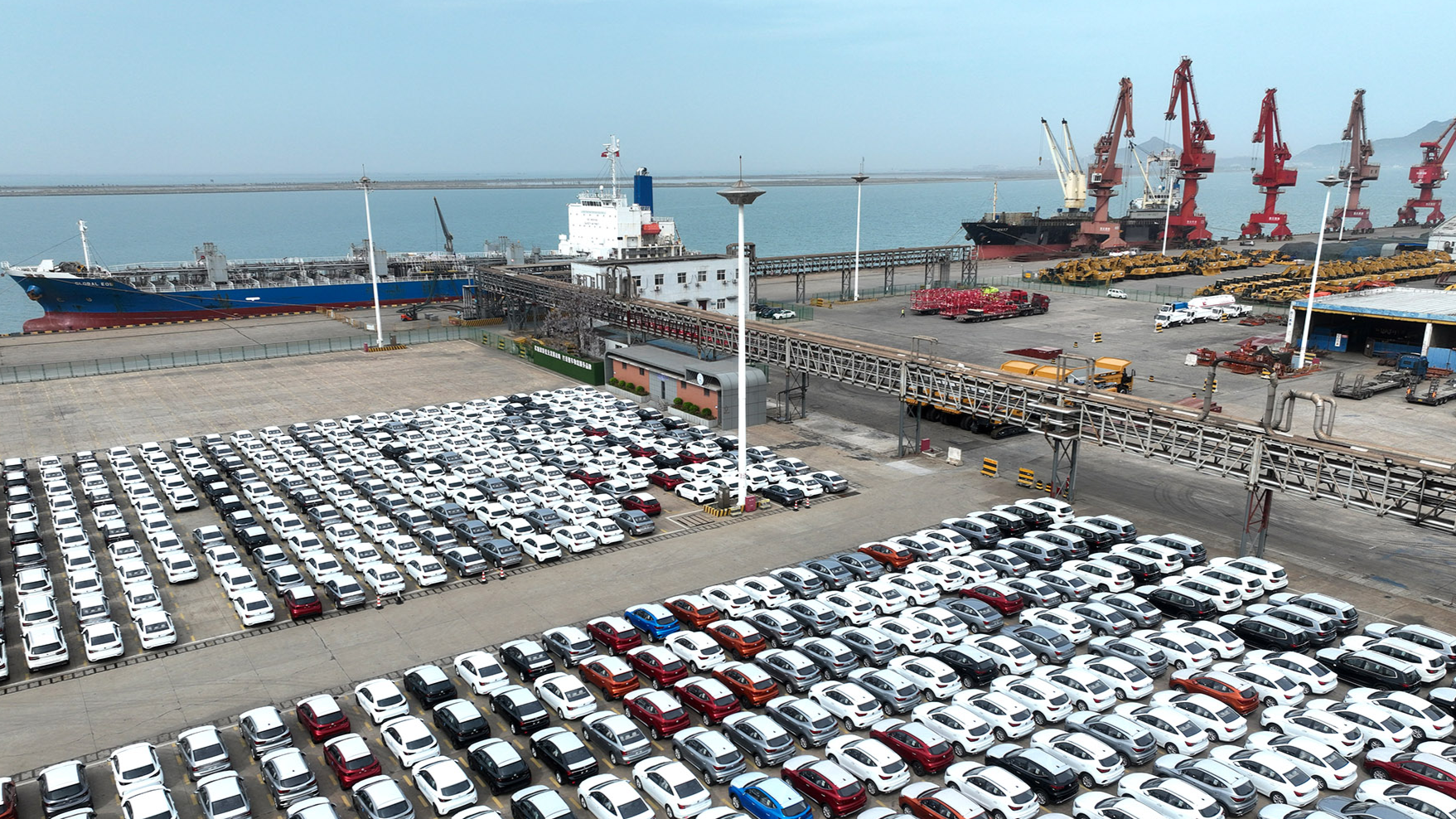
The United States government’s latest protectionist move of slapping heavy tariffs on Chinese imports, including electric vehicles (EVs) and solar cells, will ultimately harm US competitiveness and hurt American consumers and manufacturers, according to experts, officials, and trade groups.
Erica York, a senior economist and research director at the Tax Foundation’s Center for Federal Tax Policy, said on May 14 that the new tariffs represent an “unfortunate shift” in US policy.
The fresh levies come on top of the already massive tariffs introduced by the administration of former US president Donald Trump on more than $300 billion worth of Chinese goods, observers noted, following the outcome of a four-year review of the Section 301 tariffs released by the Office of the United States Trade Representative on May 14.
The review was conducted under Section 301 of the Trade Act of 1974, which Trump invoked to launch the tariffs on Chinese goods in 2018.
The centerpiece of the new tariffs is a quadrupling of levies on Chinese electric vehicles to 100 percent starting this year, which analysts said would likely thwart the Biden administration’s efforts to fight climate change by speeding up EV adoption.
York said that consumers are not likely to see an immediate increase in costs, because Chinese EVs are already locked out of the US market.
“Longer term, though, it means American consumers will lack choices, including competitively priced and innovative Chinese EVs, and face higher prices for green tech and green energy at home,” she told China Daily.
York’s organization has estimated that the current tariffs and countermeasures will reduce US output in the long run by about 0.25 percent, costing thousands of jobs and reducing incomes.
Maintaining the current tariffs and doubling down on the approach will further increase costs, insulate US businesses from competitive pressures that lead to improvements in the long run, and put US manufacturers at a competitive disadvantage abroad, according to York.
“Protectionism and industrial policy are not a recipe for success; instead, policymakers should pursue reforms that encourage investment, innovation, and competition,” she added.
The tariffs that take effect this year also cover solar cells, syringes and needles, and steel and aluminum products, according to a statement from the Office of the United States Trade Representative.
The tariff rate on semiconductors will surge from 25 percent to 50 percent by next year, while levies on Chinese EV batteries and battery parts will more than triple to 25 percent by 2026.
Gary Hufbauer, a senior fellow and trade expert at the Peterson Institute for International Economics in Washington, said that as some tariffs are to be phased in over a couple of years, they will not have an immediate effect.
“But for sure they will delay the rate of EV adoption and hurt the clean-air agenda,” Hufbauer said of Biden’s climate agenda, which includes ramping up the adoption of EVs to cut US greenhouse gas emissions.
He also said that the tariffs are a “definite negative” for US-China relations.
Chinese Foreign Minister Wang Yi on May 15 accused the US of repeatedly imposing unilateral sanctions to suppress China, and he vowed that such bullying and hegemonic behavior would be crushed by the wheels of history.
Wang said the frequent imposition of unilateral sanctions by the US and its abuse of the Section 301 investigation process to suppress China’s normal trade and economic activities are typical of US bullying behavior.
Resorting to all means in order to unscrupulously suppress China does not prove Washington’s strength, but rather exposes a lack of confidence, he said.
The World Trade Organization has concluded that the US Section 301 tariffs are violations of the WTO’s rules and international law.
Wang said that international businesspeople with basic common sense hold the view that the US actions harm others without benefiting the US itself.
Chinese Foreign Ministry spokesman Wang Wenbin said on May 15 that the tariff increases are another mistake that Washington has made after continuously politicizing economic and trade issues.
“This will significantly push up the costs of imported products, and it is the consumers in the US who will suffer more losses,” he said at a regular news briefing in Beijing.
“We urge the US side to abide by the WTO rules and immediately withdraw its tariff increases. We will do everything we can to safeguard our interests and rights,” he said.
The US-China Business Council said continuation of the previously imposed tariffs and imposition of additional tariffs will ultimately make it harder for companies in the US to compete at home and abroad.
Zhao Jia and Mo Jingxi in Beijing contributed to this story.


